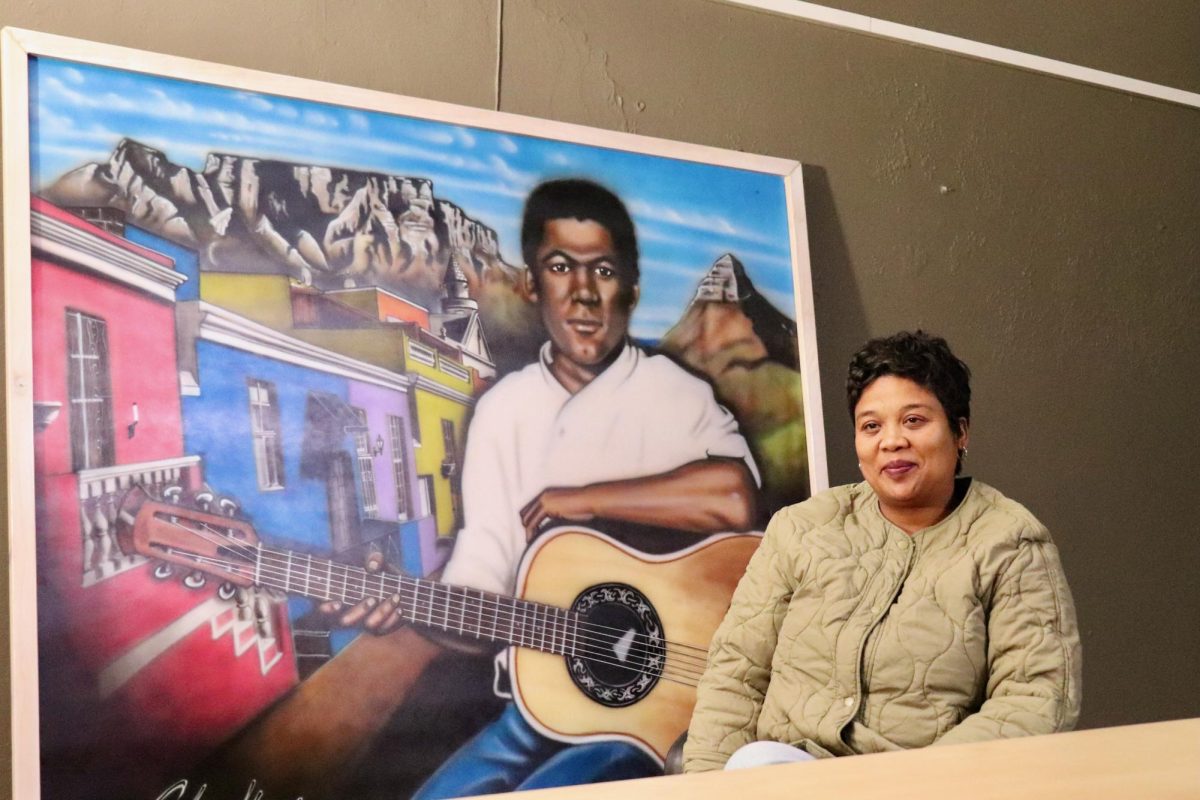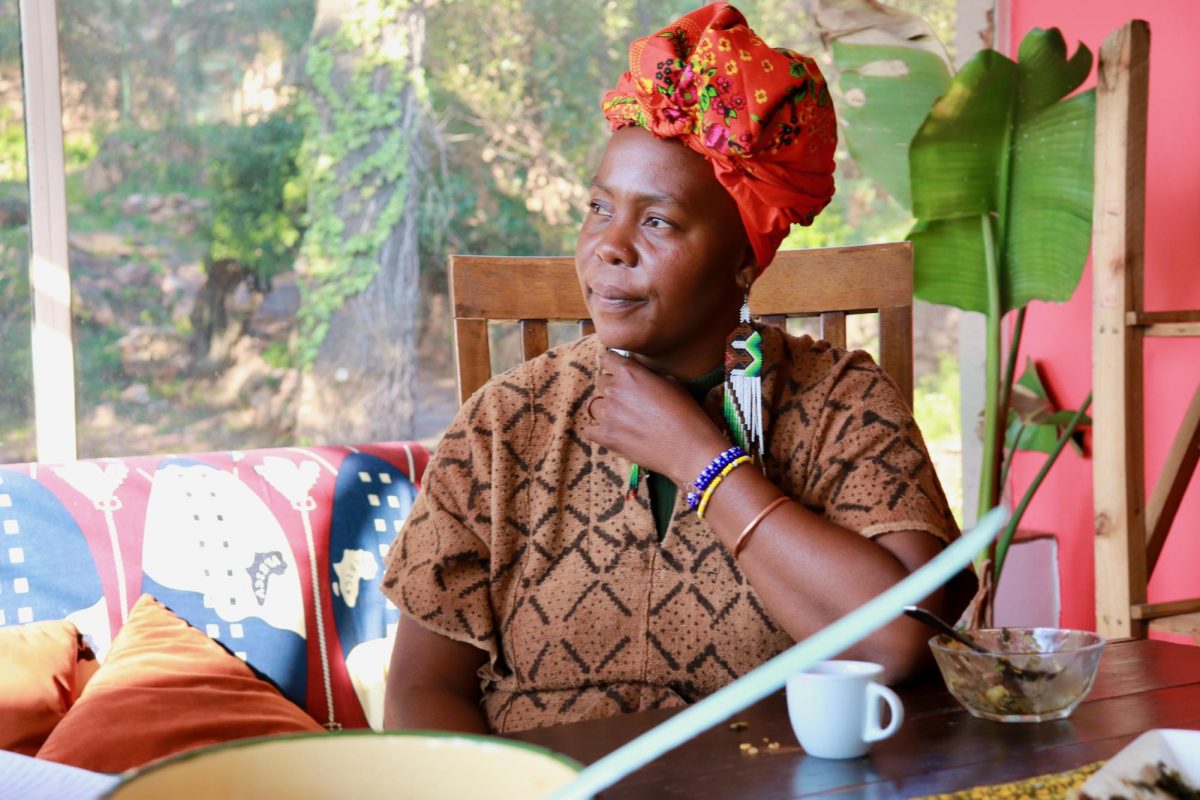A reminder for us to keep fighting against racial injustice:
George Floyd’s killing by Minneapolis police officer Derek Chauvin has received both national and global attention over the past few days.
Thousands of protesters have taken to the streets across the country in massive demonstrations, while others have taken to social media to spread awareness of Floyd’s death. Activists have created petitions to get justice for Floyd.
When yet another black life is taken so brutally and so publicly, it must serve as a constant reminder to us that there is immense work to be done to create peace and justice for black Americans, and marginalized people in our country.
In order to make fundamental change, it is imperative for us to acknowledge that these large-scale events, which capture the globe’s attention, expose culminations of microaggressions—everyday actions and language aimed towards people of color, which can range from a racial slur to a white person crossing the street to avoid a person of color—to blatant acts of racism. The protests against police killings of black Americans are a response to centuries of systemic racism, rooted in white privilege.
White privilege shows how the systems built in this country benefit white people while simultaneously oppressing people of color, especially black Americans. White privilege is not an accusatory assumption about white people, it is addressing the fact that there are things white people can do that people of color cannot do because the systems built over time, by white people, do not give the same rights to people of color as they do for white people. Many white people may not even recognize the privilege they have, as they have not necessarily done anything to gain it besides have “white” skin.
Microaggressions, racism and white privilege are injustices that need to be addressed consistently and thoroughly, not just when another black life is taken. It is within these notions of entrenched white privilege that systemic racism lies. These are issues which we can each address in our own lives every day, especially as members of a predominantly white university.
Over the past few semesters, our community has witnessed various racist incidents across campus: racist language being written on students’ doors, racist slurs being used against our Public Safety officers, administrators using racist language during community standards meetings and other aggressions that take place out of the public eye in classrooms, dorm rooms and other places around campus.
Our community has begun taking steps towards addressing a racially unjust climate and white privilege in response to these incidents on campus through community forums, university-sponsored campus events and individual actions among students. But again, let the events in Minneapolis serve as a reminder that our work is far from over, both nationally and in our own community.
Although we are all not currently on campus together, a message from the Day of Dialogue held in February remains important for us all to remember: we must continue the conversation of racial injustice, even when it is a difficult conversation to have.
Now is one of those difficult times.
These injustices will not end when the hashtags stop going viral. They will not end when there are no reposts left to put on an Instagram story. They will not end when the fires in Minneapolis and across the country dim.
Racial injustice and anti-black police violence goes beyond this moment, but we need to take this moment to stand up for what is right and for what is just.
The Editorial Board encourages our readers to take it upon themselves to use this moment and stand up for what is just. We stand with those who are fighting and have fought for justice for George Floyd, Tony McDade, Breonna Taylor, Ahmaud Arbery, Michael Brown, Sandra Bland, Tamir Rice, Trayvon Martin and an ongoing list of names both known by the public and those whose stories were never heard. According to the Mapping Police Violence project, at least 1,099 people have been killed by police in 2019. And, we urge our community to continue to talk about and address white privilege. To our white readers: continue to call out peers for using racist language, listen to people of color stories’, educate yourselves on how you benefit from whiteness and stand with your peers of color.
Our community must respond to a national moment like this as if it happened on our own campus. Because injustices happen on our own campus—they happen every day to members of our own community.
Now is a chance to have difficult conversations, to address privilege, to dismantle our system of racial inequality and to fight against injustice.
Here are some links to resources that will allow you to become an ally, and reflect the values of our university and our Jesuit philosophy.
1. https://www.dismantlecollective.org/resources/
2. https://www.tolerance.org/magazine/spring-2018/how-to-be-an-ally
3. https://www.racialequitytools.org/resourcefiles/kivel3.pdf
– The Editorial Board
This week’s Editorial Board is comprised of the Editor in Chief, Managing Editor, Copy Chief, Copy Editor, News Editor, Editor-At-Large, Photo Editor, Opinions Editor, Features Editor, Assistant Features Editor, Sports Editor and Multimedia Editor.








































